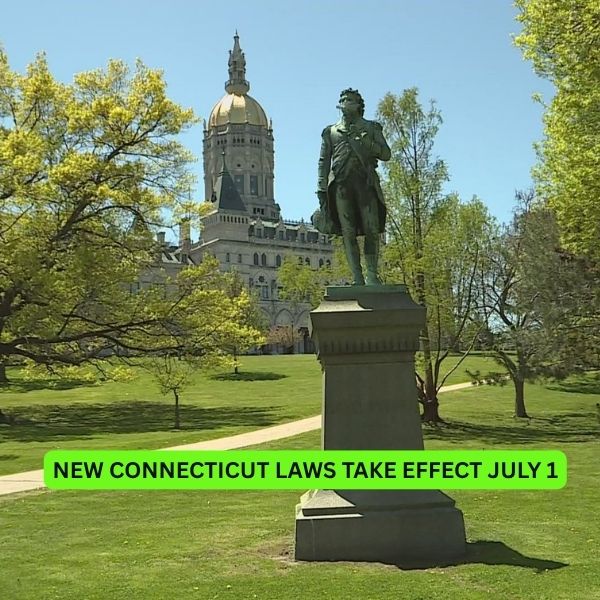Gov. Janet Mills has allowed a new law banning the doxxing of children in Maine to take effect—choosing not to sign it but also not to veto it.
The bill, introduced by Rep. Melanie Sachs (D-Freeport), defines doxxing as the “intentional, knowing or reckless disclosure” of a minor’s personal identifying information in a way that ignores the potential harm to the child. Harmful outcomes like stalking, physical injury, or property damage could qualify as consequences of doxxing under the law.
Under the new law, minors with legal representation can sue anyone who doxxes them. It also gives them the right to request a protection from harassment order against the alleged offender.
The bill outlines what counts as personal information if a child has not authorized its release. That could include a home address, school name, email, phone number, medical details, and other private records. While no federal law specifically bans the doxxing of minors, some states like Alabama and California have passed their own laws prohibiting the act, often focusing on specific groups such as judges or law enforcement officers.
Rep. Sachs was inspired to file the bill following a case involving a local constituent. But the proposal gained additional attention after Rep. Laurel Libby (R-Auburn) made a February social media post that singled out a transgender student in Maine who had won a state track title.
Libby’s viral post drew national controversy and even sparked a clash between former President Donald Trump and Gov. Mills. Trump criticized Maine’s policies on transgender athletes and threatened to target the state’s federal funding.
It’s uncertain whether Libby’s use of a previously publicized image of the student—along with the student’s first name and “deadname”—would be considered doxxing under the new law.
An amendment to the bill clarifies that a publicly taken or previously shared photo doesn’t count as doxxing on its own. However, it may still qualify if it’s combined with other identifying details such as the child’s name or family information.
After Libby’s post, Greely High School in Cumberland, where the student attended, increased security measures due to the national attention and concerning online activity.
Rep. Sachs called doxxing “incredibly harmful” and thanked the many Mainers who supported her bill.
“This law is an important step forward to protect children in Maine,” she said.








Leave a Reply